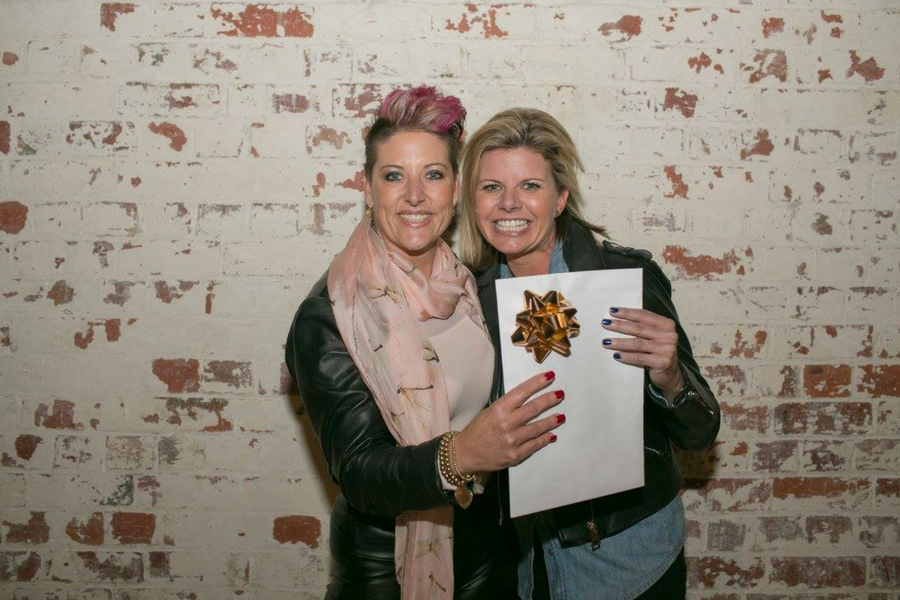Australians love shopping online, with data from NAB last year finding ecommerce sales had grown to over $20 billion in the year to the end of June 2016.
While a growing portion of these sales come from fashion platforms, the experience of buying clothes online isn’t a perfect one. Sizing is a particularly big issue; if your body doesn’t look like that of the model pictured, it’s hard to know whether an item will look good on you, despite it being available in your size.
With this in mind, many retailers offer free returns, with customers in turn buying a variety of items to essentially try them on, knowing they will return them.
However this is inefficient and costly.
Nick Robertson, founder and then-CEO of online fashion retailer ASOS, which offers free returns, told Reuters in 2013 that just a one percent fall in returns would immediately add 10 million pounds to the company’s bottom line. At the time, the company’s return rate sat at an average of 30 percent taking into account variations between different markets.
As Reuters pointed out, the cost goes beyond just offering free shipping, however: there is also the cost of potentially damaged goods, and the cost of trying to sell items that might not be season-specific by the time they’re returned, a particularly significant issue in the fast-fashion environment. Then, of course, there’s the cost of the disappointed customer that might not return.
Founded by Nicola Byrne, Nicolas Lapomarda, and Penny Whitelaw, Melbourne startup To Me Love Me aims to solve the problem and make the whole process more efficient through a sizing tool. Integrated into an online retailer’s website, the tool will help shoppers find the right fit on their first go, almost giving shoppers a ‘made to measure’ experience.
The idea came to Whitelaw in the same way she said she images many startup ideas do – through a conversation she had with her girlfriends around fashion and their “ongoing issues” with online shopping.
“The problem was not finding apparel online; the main point of contention was finding fashionable clothing that fitted and flattered, which reflected our personalities and complemented our lifestyles,” she said.
“Like all brands, each of us is unique, our bodies being no exception. Although sizes should allegedly fit, what we found was, our purchases were arriving too large or too small and the online experience was at best, generic.”
Researching the issue and seeing the impact returns have on retailers too, Whitelaw decided there was a viable business to be made out of solving the problem.
After bringing the team together, Whitelaw said over 12 months were spent on research and development, with focus groups and one on one meetings held with retailers, influencers, and online shoppers to better understand their various problems and validate the need for a solution, and in turn determine how to build it.
“Across all conversations there were a few recurring points raised. Customers want more from their online shopping experiences; they want surety of fit and they want to be presented with relevant apparel, recognising that they are all originals…the one size fits all approach to online shopping experiences does not work,” Whitelaw said.
“Retailers all recognised that returns are damaging their profitability and in a highly competitive landscape they need to address the fit issues but also offer personalised experiences to engage and retain their customer loyalty.”
As it currently stands, a retailer can use the To Me Love Me solution by integrating the API into their platform.
Whitelaw explained the To Me Love Me algorithms provide two main outcomes: allowing the end customer to gain an “accurate read” on their body, shape, size, and style, and then browse through the retailer’s website or app accordingly, effectively removing items that would not suit their requirements.
The customer simply inputs their body measurements and answers six profiling questions, which Whitelaw said help the algorithm understand “who they are, what they love, and what they are looking for”.
“Being white label means it looks, sounds and feels like the [retailer’s] brand, offering integral data to power their performance,” Whitelaw added.
“The granular data we can provide retailers not only assist with the short term need to improve customer experiences to drive better buying behaviours but will assist them in their production, which talks to long term goals in order to operate on the most profitable business model.”
Currently testing its solution, the startup is looking to target the women’s fashion space first up, in particular brands catering to professional women high high disposable income between the ages of 25 and 45, such as Country Road Group, Sass & Bide, and Zimmerman.
The startup will look to offer a tiered pricing model where each tier gives retailers access to various features, for example extending the solution to just their VIP customers.
“Our technology is built to be modular as we understand one size does not fit all,” Whitelaw said.
With the problem To Me Love Me is trying to solve so significant, there are a number of other startups looking to address it in a variety of ways, from those offering specially tailored or customised clothing made to order through to apps allowing shoppers to virtually ‘try on’ items.
However, Whitelaw believes To Me Love Me offers a solid medium.
“What makes us unique is that we offer a dovetail solution; we don’t just get your fit right, we go one step further, by personalising your experiences so they are relevant to you.”
Winning an eCommerce-focused pitching competition held by Startup Victoria earlier this month, To Me Love Me is now focused on running a free pilot program with an Australian retailer to test its technology in a live environment before bringing on paying customers.
Image: Nicola Byrne & Penny Whitelaw. Source: Supplied.




















Trending
Daily startup news and insights, delivered to your inbox.